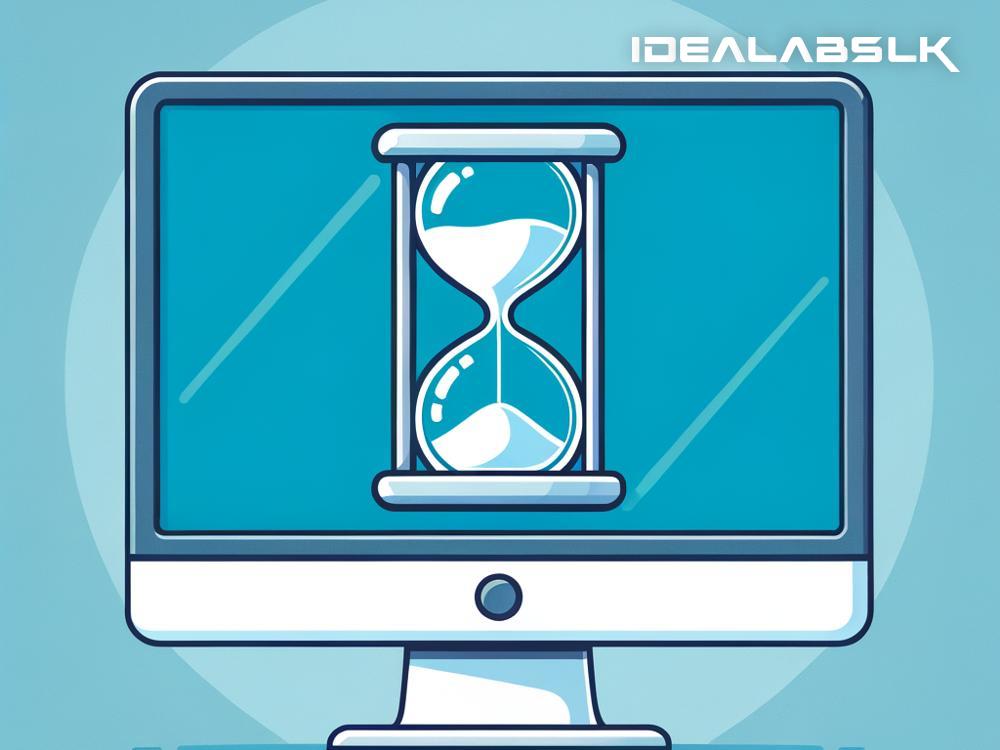Why Your PC Runs Slower After a Windows Update
Have you ever been excited to install the latest Windows update, hoping for new features and fixes, only to find your PC acting like it’s suddenly aged a decade? You're not alone. Many users report their computers running slower after a Windows update. So, why does this happen? Let’s unpack the reasons and also explore some potential solutions to get your PC back in shape.
The Update Hangover
Think of a Windows update like a big party for your PC. It's exciting and full of potential, but sometimes, the aftermath isn't as fun. Here are a few reasons your computer could be lagging post-update.
1. The System Is Still Busy: Immediately after an update, your computer is busy behind the scenes. It’s setting up new files, configurations, and sometimes even indexing files anew. This process can take a toll on your PC’s performance, making everything feel slower.
2. Older Hardware: New updates are designed with the latest hardware in mind, aiming to make the most out of current technology. However, if your PC is on the older side, it might struggle to keep up with these newer demands, resulting in slower performance.
3. Incompatible Drivers: Drivers are crucial for communicating between your system’s hardware and its software. Sometimes, updates can cause existing drivers to become incompatible or outdated. This miscommunication can slow down your PC, as components aren’t working as smoothly together as they should.
4. Startup Overload: With each update, new programs or services might be set to launch when your PC starts. This can extend your startup time and also take up valuable system resources, leaving less for you to use.
5. Temporary Files and Bloat: Updates can leave behind temporary files that take up space. Also, new features added to your system might not be ones you use but can still use resources, acting like dead weight.
The Morning-After Quick Fixes
All is not lost. Here are some steps you can take to help your PC recover from the update hangover and get back to its speedy self.
1. Give It Time: Sometimes, the best thing you can do is wait. As mentioned before, your PC might be busy setting things up immediately after an update. Giving it a day or two might see performance improve as these tasks are completed.
2. Check for Further Updates: Occasionally, an update is followed closely by another, sometimes specifically designed to fix issues caused by the first. Ensure your system is truly up-to-date by manually checking for updates.
3. Update Drivers: Given the potential issues with outdated or incompatible drivers, check to see if there are updates available for your hardware components. This can often resolve slowdowns related to hardware miscommunication.
4. Clean Up Startup Programs: Take a look at which programs are set to start when your PC turns on and disable the ones you don’t need immediately. This can significantly reduce startup time and free up resources.
5. Perform a Disk Cleanup: Running the Disk Cleanup utility can help by removing temporary files, system files, and even previous Windows versions that are no longer needed. This can free up space and potentially improve performance.
6. Reset or Fresh Install: If all else fails, consider resetting your PC or performing a fresh install. This can often remove the clutter and conflicts causing the slowdown, though it’s a bit of a last resort due to the effort involved in setting everything up again.
In Conclusion
A slowed-down PC after a Windows update can be frustrating, but it’s often a temporary situation that can be improved with a bit of patience and some troubleshooting. By understanding why these slowdowns occur and taking steps to address them, you can help ensure your PC remains fast and responsive, even after the latest updates. Remember, technology is constantly evolving, and with a bit of care, you can keep your system in step with the changes, allowing you to enjoy both new features and smooth performance.

